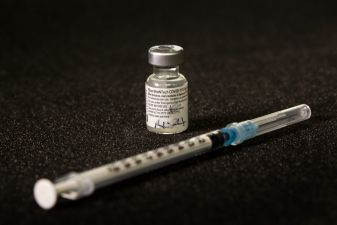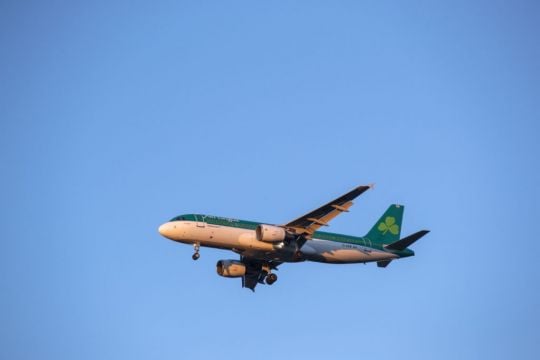The European Union reached a deal on Thursday on Covid-19 certificates designed to open up tourism across the 27-nation bloc this summer.
The certificates come as it is expected the rapid pick-up of vaccinations will allow widespread easing of coronavirus restrictions.
European Parliament lawmakers and current EU president Portugal representing member states sealed the agreement after a fourth round of negotiations on Thursday afternoon.
We won't be repeating the nightmare of summer 2020
"We won't be repeating the nightmare of summer 2020," Juan Fernando Lopez Aguilar, the Spanish lawmaker who headed the parliament's team, told a news conference.
The free certificate will take the form of a QR code on a smartphone or paper, letting authorities determine the status of a visitor based on records in their home EU country.
The certificate would show if a person had received a vaccine, had a recent negative test or had immunity based on recovery.
Nearly 40 per cent of EU adults have received a first vaccine dose.
Lawmakers had wanted countries to commit to free testing for the certificate and said that no EU country should set additional quarantine requirements.
Germany and Sweden were among those resisting, EU officials said, though EU countries in general are reluctant to give up their final say on border controls.
In the end, EU countries agreed to refrain from imposing additional restrictions, such as testing or quarantines, unless considered necessary on public health grounds, such as because of the rise of a new coronavirus variant.

The European Commission, which also participated in the negotiations, committed to make €100 million of its emergency support fund available to help make tests affordable, with more money if required.
The agreement between the institutions should allow the European Parliament to pass a law in the week from June 7th for more than a dozen EU countries, including France and Spain, to test the system before a launch on July 1st.
EU countries would allow in people inoculated with EU-authorised vaccines and could choose to accept other vaccines. The scheme also covers non-EU members of the border-free Schengen zone — Iceland, Liechtenstein, Norway and Switzerland.
The certificate scheme is separate from plans to open up the European Union to vaccinated non-EU visitors.







